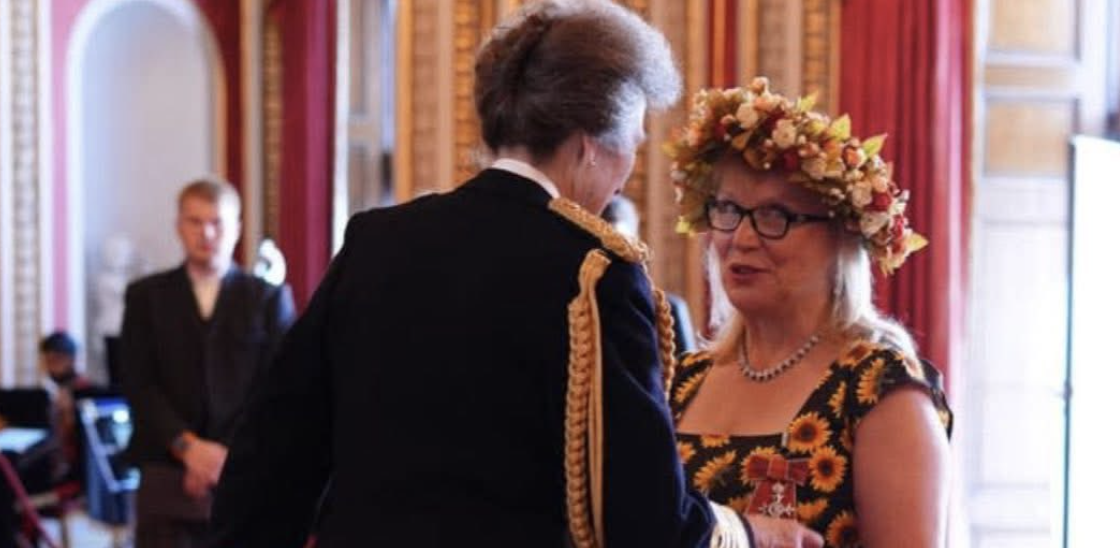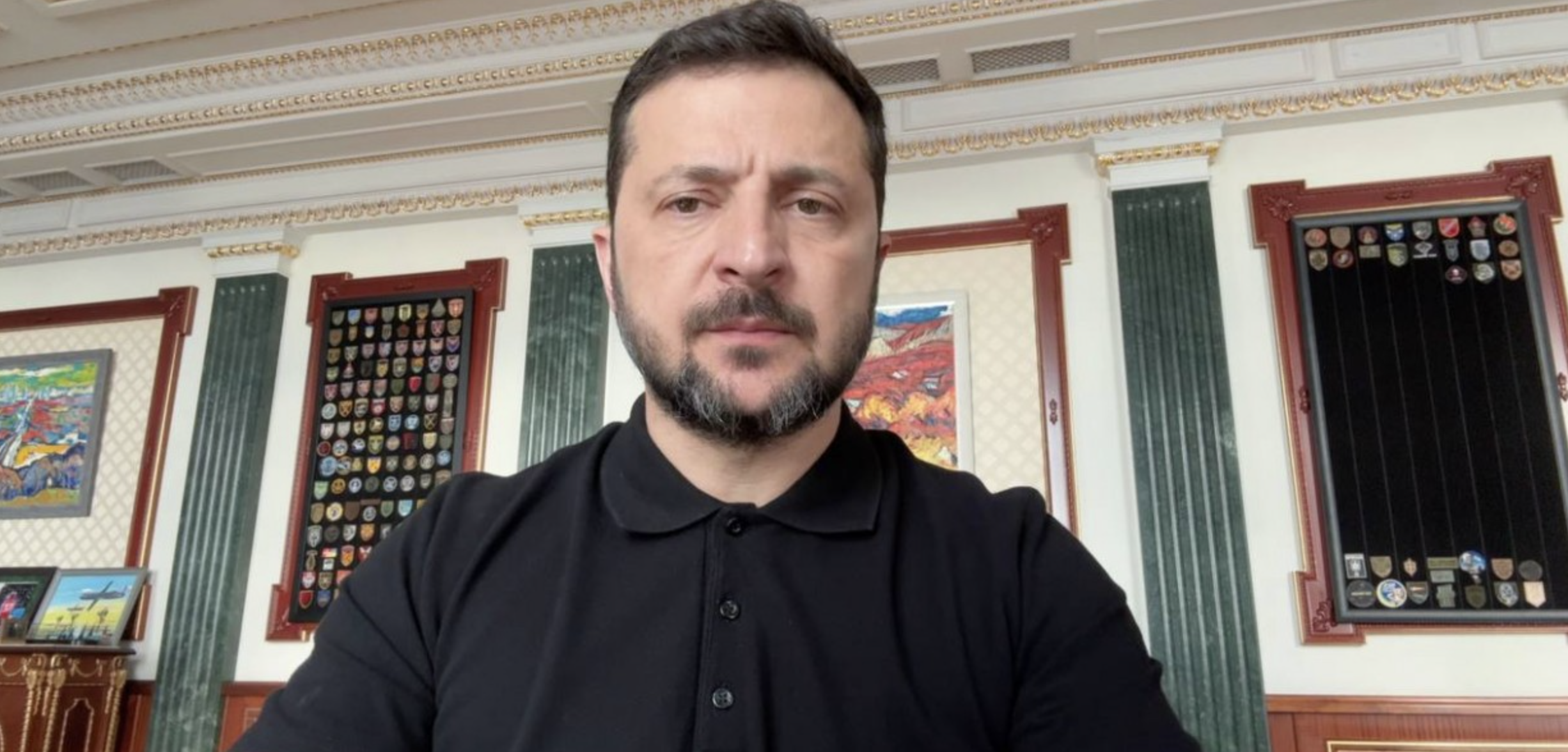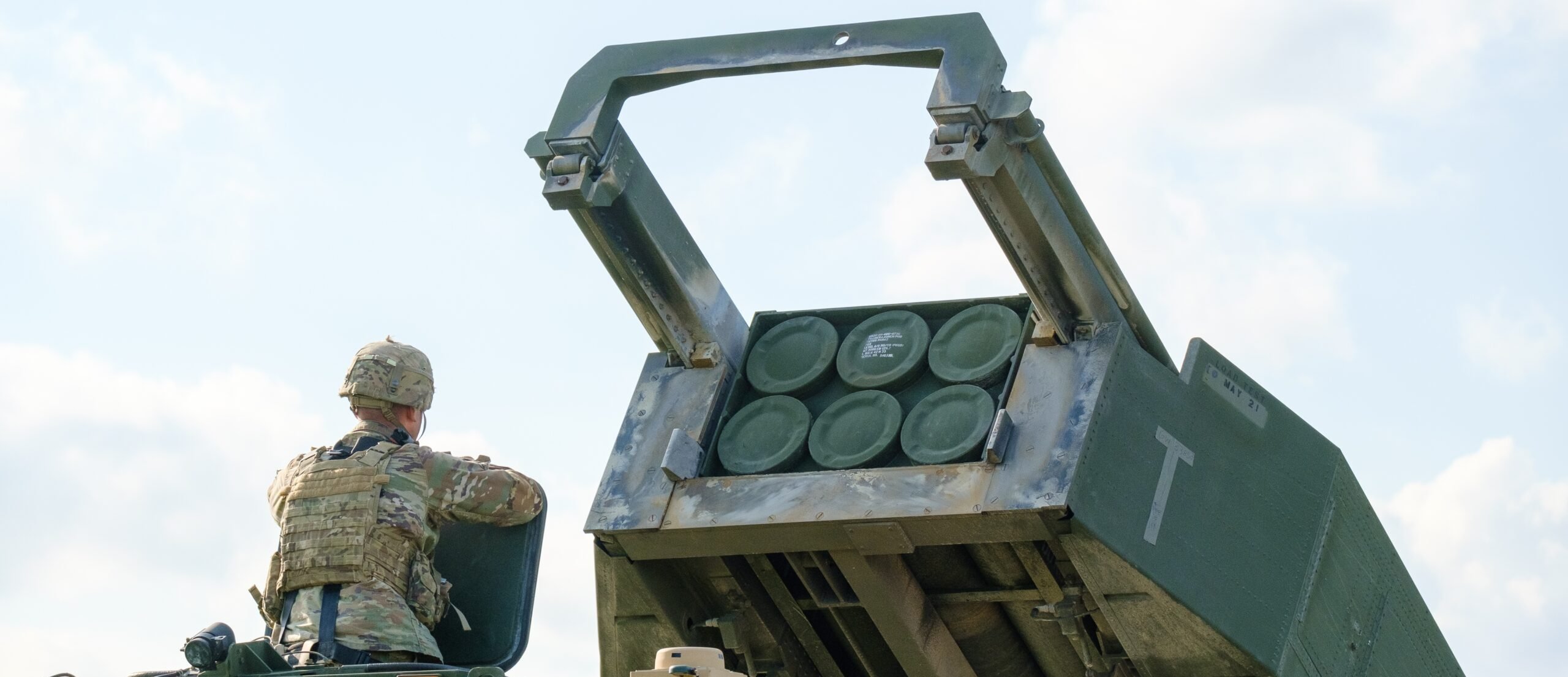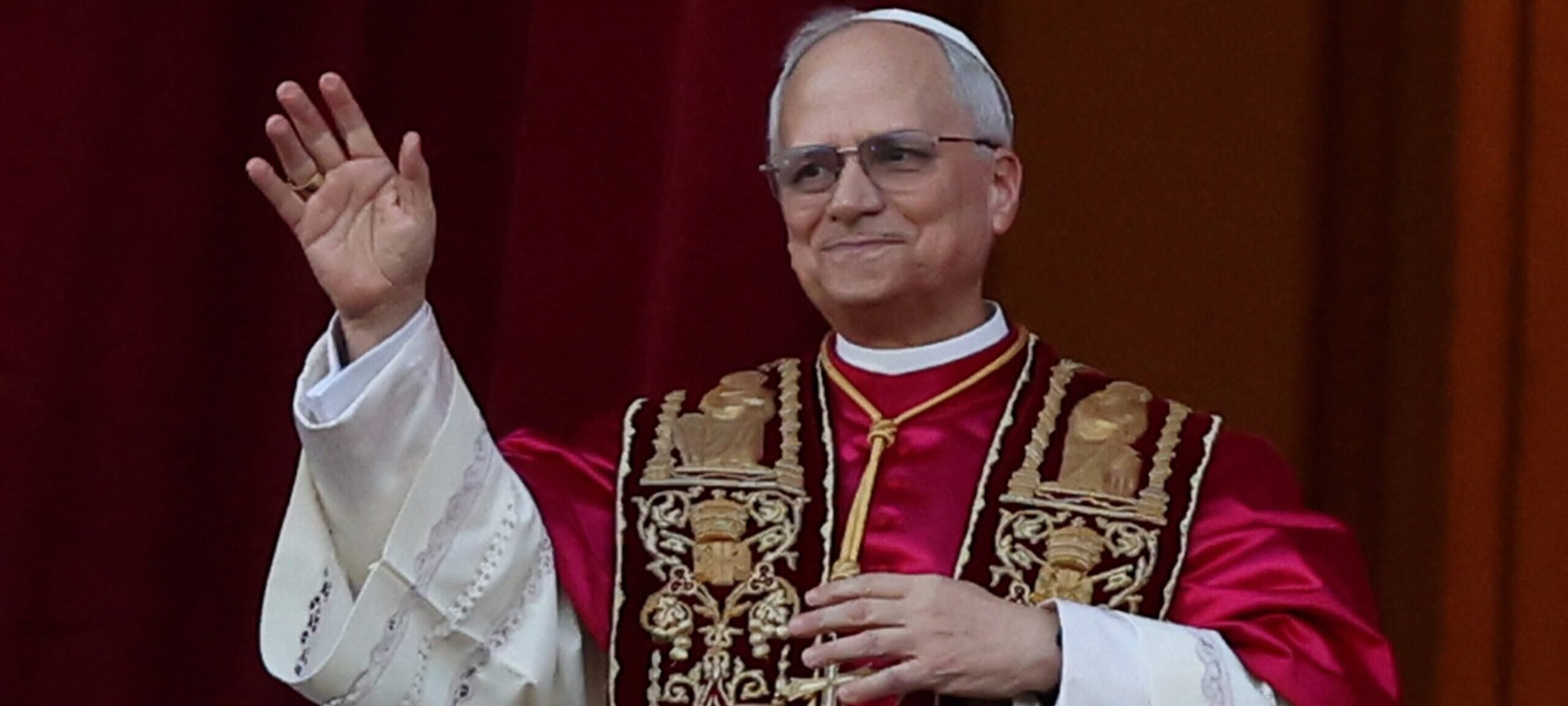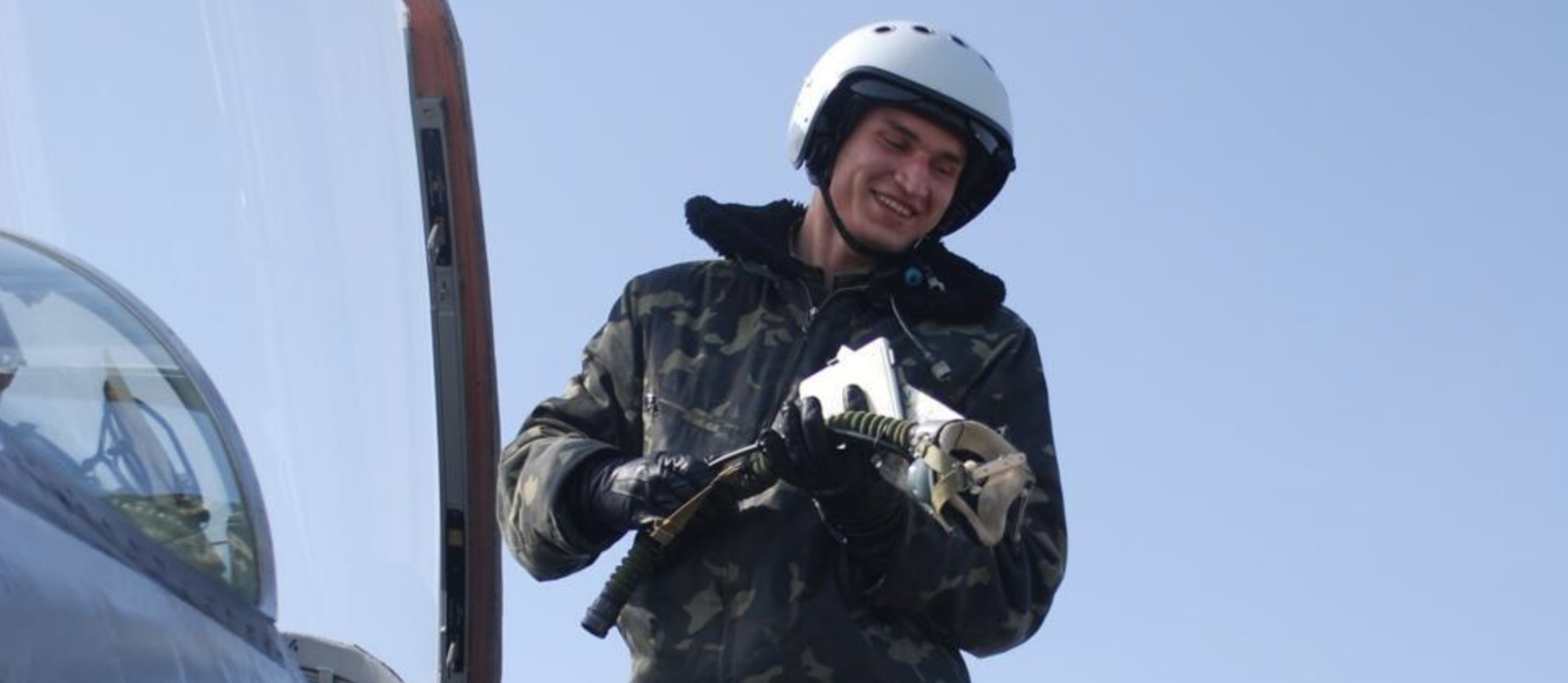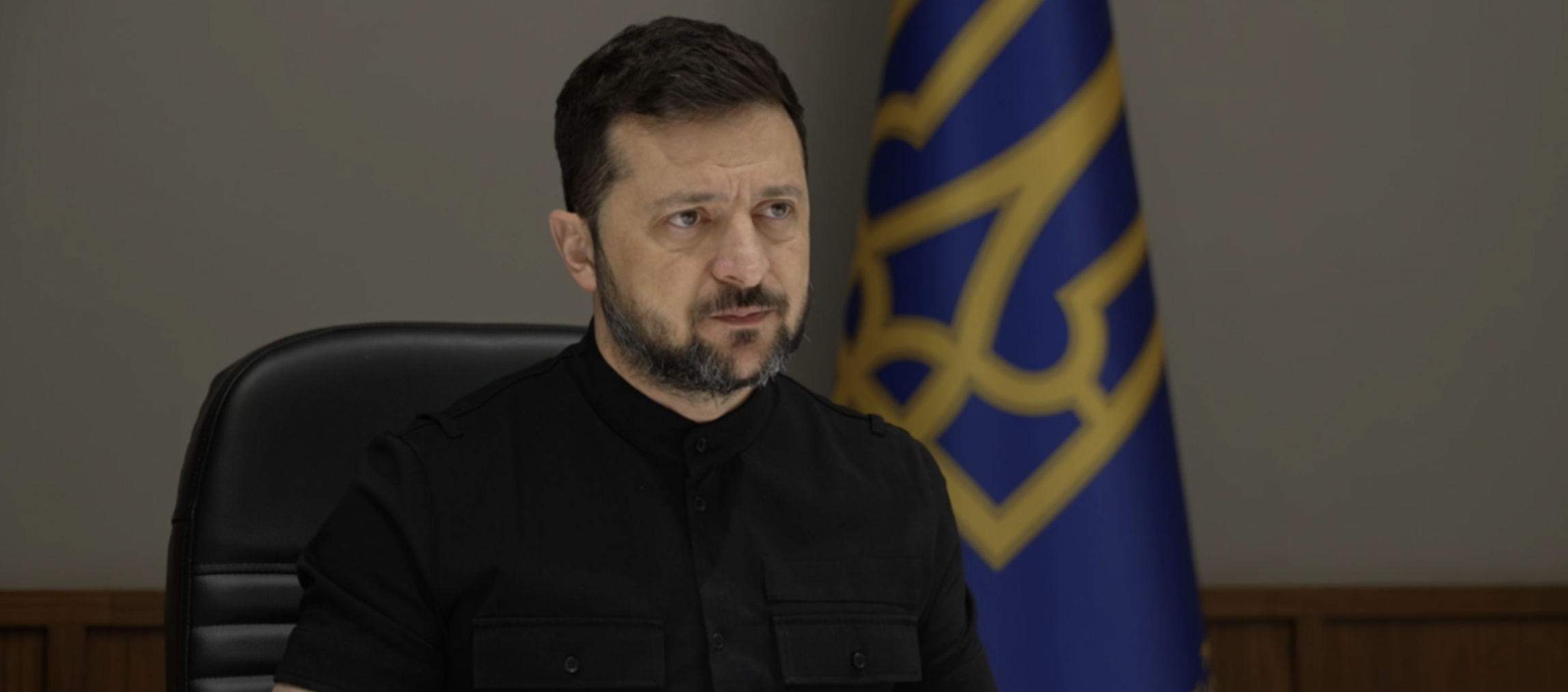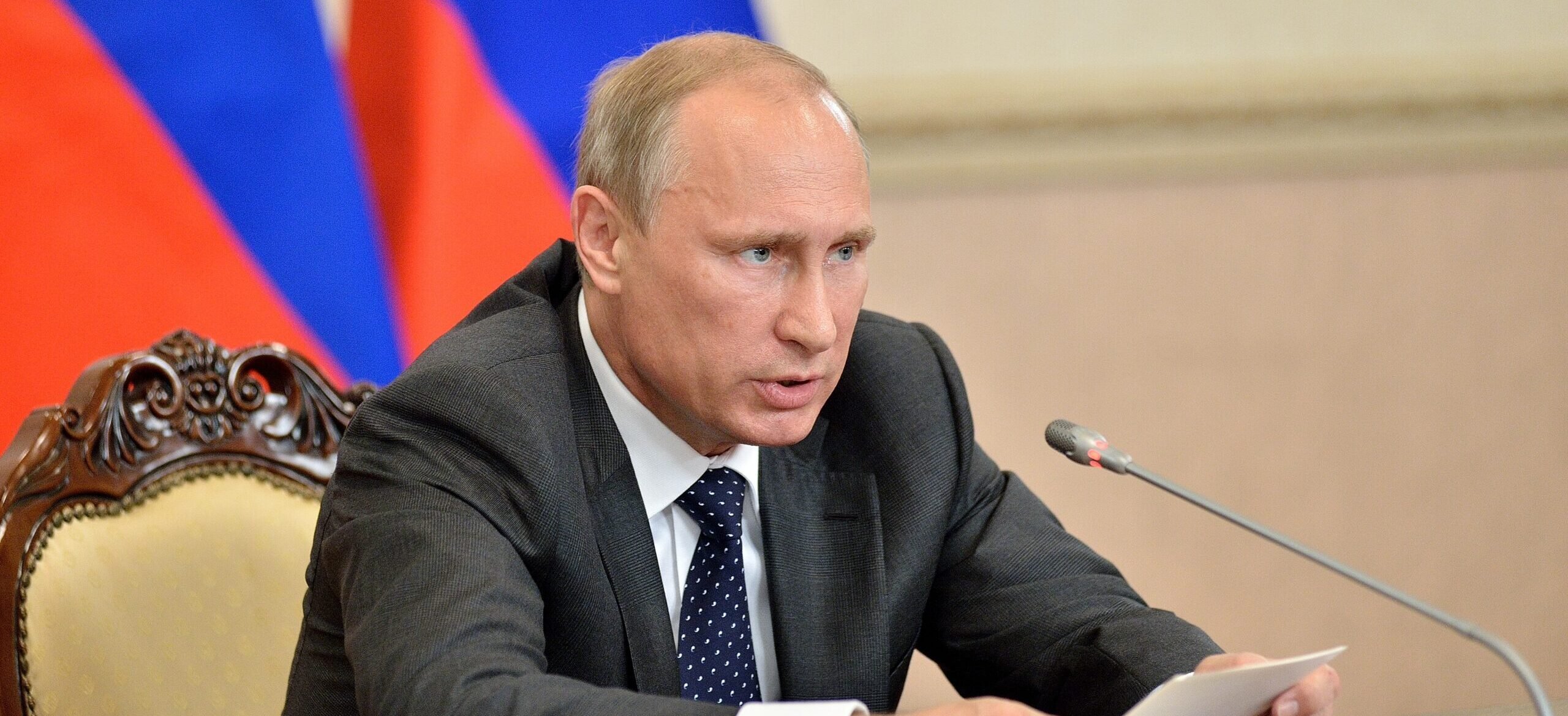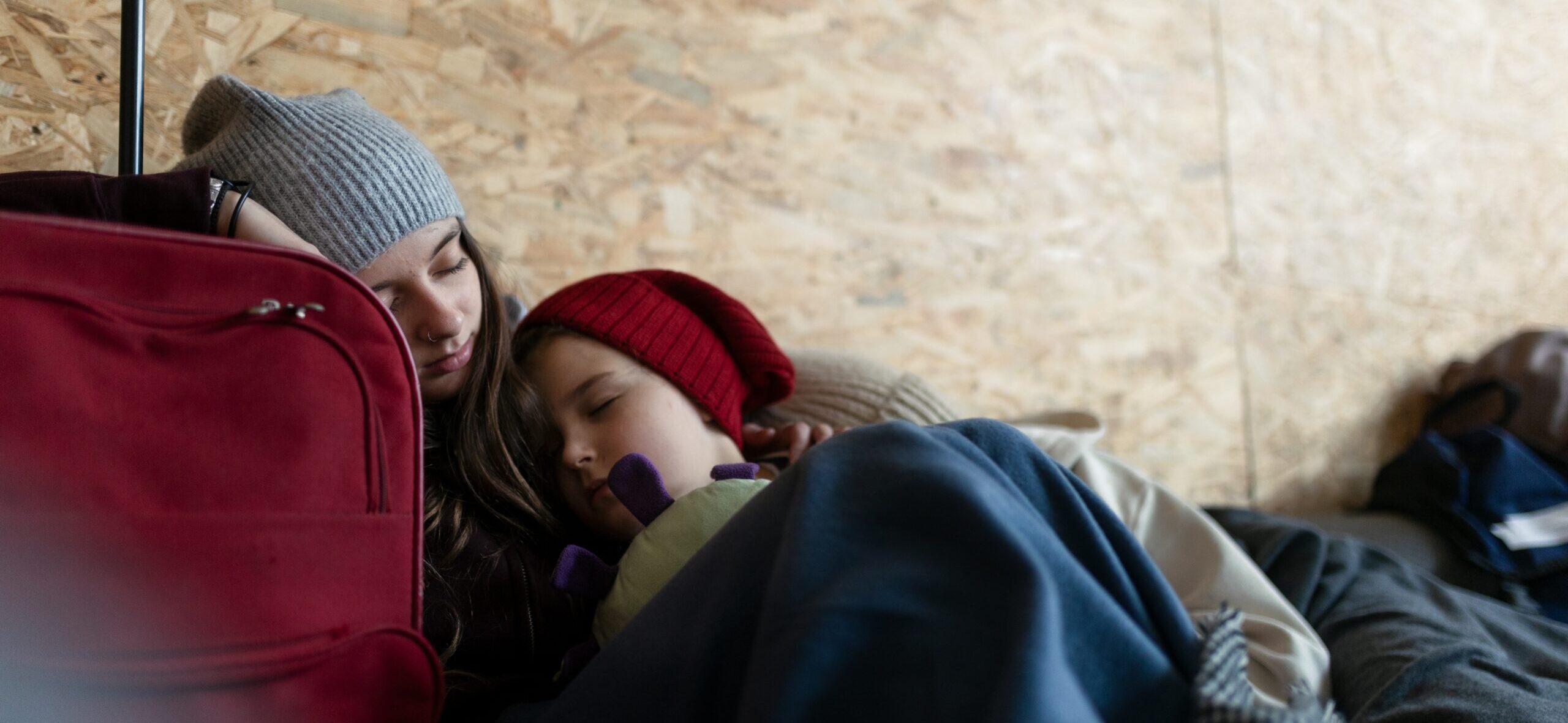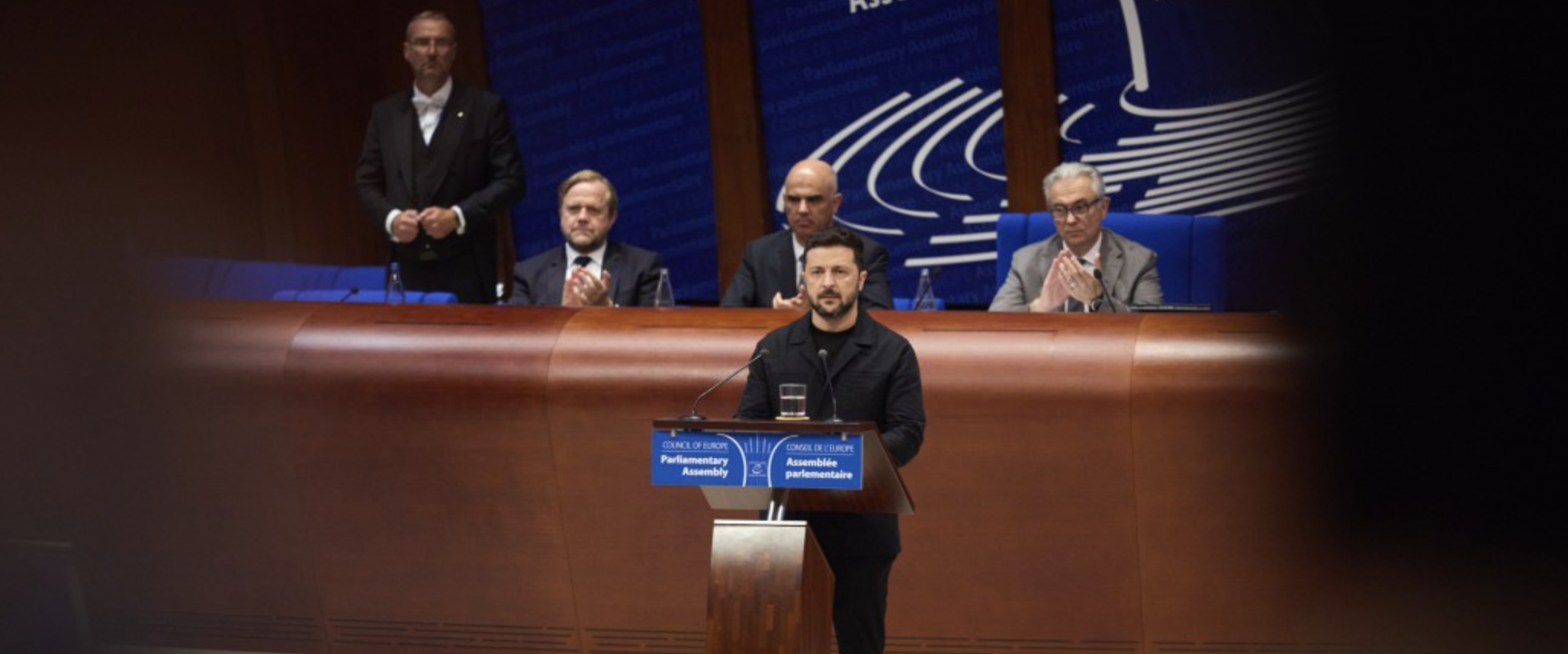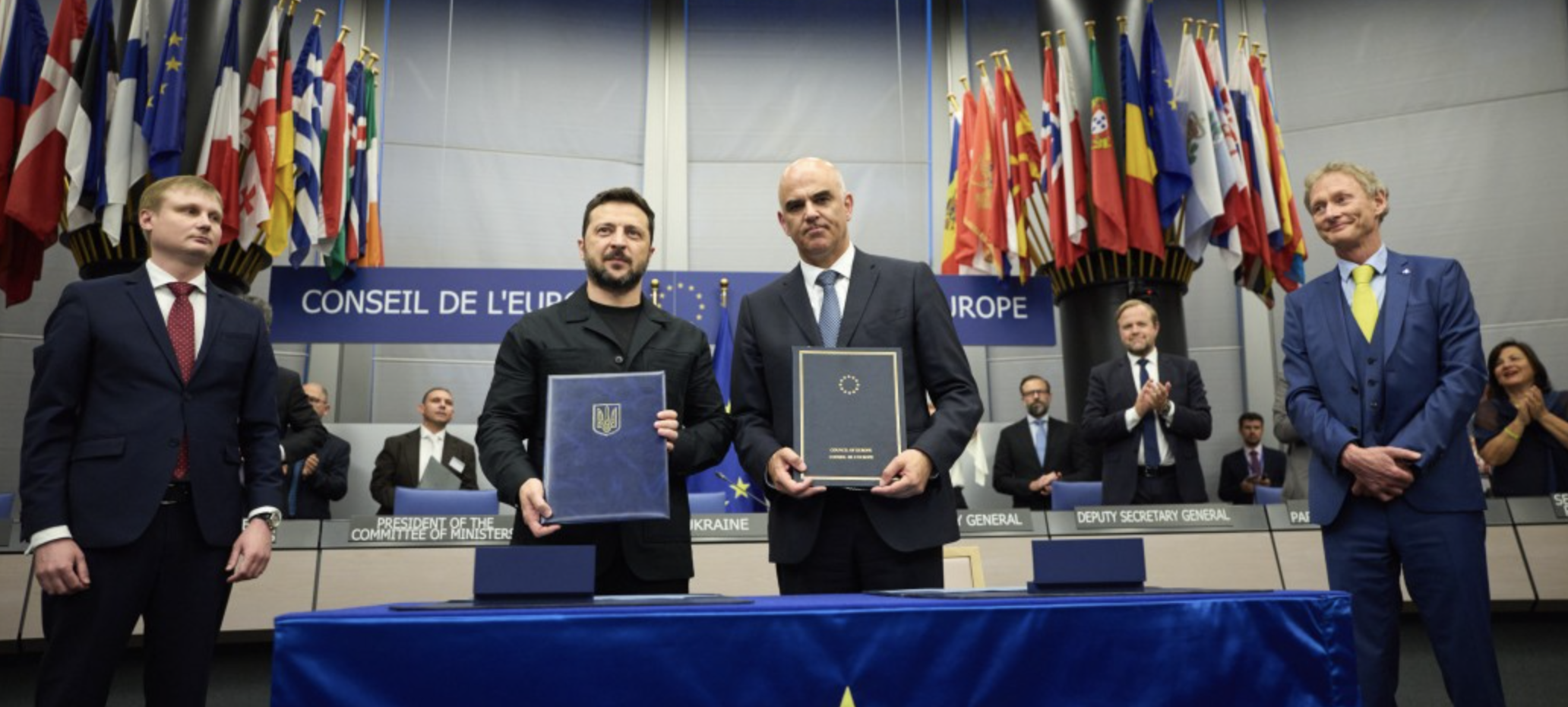
MEMORANDUM
DATE: JANUARY 20, 2011
RE: UNION OF UKRAINIANS IN RUSSIA
BACKGROUND
The Union of Ukrainians of Russia (UUR), the central umbrella organization for the Ukrainian ethnic minority in the Russian Federation (RF), was formed at its initial convention on May 14‑15, 1992, and registered with the Ministry of Justice of the RF (MJRF) on March 18, 1994. The UUR is a national member organization of the Ukrainian World Congress.
On March 27, 1998, another Ukrainian community organization was founded in the RF under the name “Ukrainians of Russia”. On April 9-10, 2005, during the Third Congress of this organization, its legal name was changed to “Federal National Cultural Autonomy of Ukrainians of Russia” (FNCAUR).
The UUR and the FNCAUR are the two most prominent Ukrainian NGOs in the RF.
The RF authorities are now trying to liquidate both the UUR and the FNCAUR.
The RF is using the same tactics to disrupt the activities of the FNCAUR, the UUR and the Ukrainian national minority in the RF as it did in its campaign against NGOs that began in 2006.
RELEVANT PROCEEDINGS REGARDING THE UUR
On July 22, 2009, the MJRF gave notice to the UUR of an audit, which was conducted on August 10-29, 2009. According to the MJRF, the findings were issued on September 7, 2009 and forwarded to the UUR on September 14, 2009. The MJRF gave the UUR until November 1, 2009 to cure several alleged defects.
On November 9, 2009 the MJRF suspended the activities of the UUR until May 2, 2010.
On December 17, 2009 and again on March 15, 2010, the UUR responded to the alleged violations and defects, refuting some and advising that it had taken measures to cure the others.
On December 10, 2010, the MJRF brought an action in the Supreme Court of the RF to liquidate the UUR. The substance of the complaint was based ostensibly on Article 15 of the Constitution of the RF, and repeated five allegations from the audit findings, to wit:
1. In violation of Article 6 of Federal Law No. 82 (FL 82), which prescribes that “members of public associations shall be natural persons and juridical persons”, the UUR includes a non-commercial organization, the Ukrainian charitable fund “Trust”, and an autonomous non-commercial organization, the “Ukrainian cultural center”, in its list of members.
2. In violation of Article 8 of FL 82, which stipulates that a non-governmental organization is a public association based on membership, the UUR did not produce documents confirming that it maintains a members’ list.
3. In violation of Article 14 of FL 82, which prescribes that an all-Russian public association must operate in more than half the subjects of the Russian Federation, the list of 41 regional offices maintained by the UUR refers to branches of the UUR which are independent public associations , namely: the society “Batkivschyna”, the society “Syna Desna”, the society “Prolisok”, the society of Ukrainian culture “Mrija”, the regional center of Ukrainians “Dnipro”, the Ukrainian Center of National Culture Zauralya “Jasen”, the society “Ukraine Seim”, Ukrainian compatriots “Dnipro”, Ukrainian compatriots “Povolzhie”, “Kievan Rus”, the society of Ukrainian culture “Promin”, the society “Svitanok” and the Ukrainian society “Krynycia”. Thus, the UUR did not confirm its all-Russian status.
4. In violation of Article 29 of Federal Law No. 7 (FL 7), which prescribes the election of the members of the governing body of a public association by a qualifying majority, the By-Laws do not provide for the election of the governing Council by a qualifying vote.
5. In violation of article 19 of FL 82, which stipulates that foreign citizens may be members of a public association provided they are lawfully on the territory of the Russian Federation, paragraph 4.1 of the By-Laws allows foreign nationals to become members, without requiring that they meet the conditions contained in the law. (unofficial translation)
The complaint goes on to acknowledge receipt of the two replies from the UUR, but rejects them as insufficient to cure the aforesaid alleged violations. The MJRF then argues that the UUR’s meeting of September 12, 2009, at which the UUR attempted to cure the aforesaid supposed violations, was not conducted in accordance with the administrative regulations, since the UUR allegedly did not disclose the members who were present at the said meeting, or the information on the voting results. Thus, the MJRF argues that it is impossible to determine the validity of the action taken. Additionally, the MJRF alleges that at least one regional public association that was accepted for membership at that meeting of the UUR was not a juridical person, in violation of Article 6 of FL 82. Further, the MJRF claims that a co-chair of the UUR, namely V. Semenenko, appeared on “Radio Liberty” on January 4, 2010, and on a television program entitled “Freedom of Thought” on April 27, 2010, in violation of Article 43 of FL 82, referring to the suspension of a public association’s activities.
Furthermore, the MJRF gave notice to the UUR of these alleged violations on November 11, 2010, which was returned with a note with the comment “addressee vacated”. Therefore, the MJRF argues that the UUR failed to notify the MJRF of its change of address as required by Article 29 of FL 82.
Pursuant to Article 44 of FL 82, the MJRF applied for a court order liquidating the UUR based on alleged repeated or gross violations by UUR of the Constitution and laws of the RF, and the failure to cure the supposed violations within the time period set by the MJRF.
The hearing before the Supreme Court of the RF will be held on January 31, 2011.
ARGUMENT CONCERNING THE UUR
Assuming arguendo the incontrovertible accuracy of all the factual allegations made by the MJRF in the complaint, the supposed violations and defects themselves are only minor and largely administrative in nature, and certainly not gross or even substantive breaches of the law.
Furthermore, no allegations are made that the supposed violations are of a repeated nature or that they persisted despite prior warnings by the MJRF. Since the MJRF does not make any allegations of previous audits of the UUR, or of any similar findings in the past, one can only assume that the findings in question are initial in nature. Yet, the MJRF concludes that the alleged violations are “repeated and gross”. Without specific allegations in the complaint to support the conclusion that the supposed violations are “repeated and gross”, the MJRF should be precluded from offering any proof of this conclusion in court. Thus, the court would be left with a mere conclusion by the MJRF, but with no allegations or factual basis for reaching that conclusion.
Without a prima facie legal case, the action of the MJRF appears to be motivated purely by politics. The only way in which a judicial institution such as the Supreme Court could grant the relief sought by the MJRF would be by merely rubber-stamping the position of the MJRF, thereby exposing itself to the accusation that it is not an independent tribunal.
The reference in the complaint to the appearance by UUR co-chair V. Semenenko on “Radio Liberty” and on the television program “Freedom of Thought” as a violation of the UUR’s suspension, raises a red flag that clearly indicates the politically motivated nature of the government’s case. Such reference is completely unrelated to the substance of the alleged violations forming part of the complaint or application for liquidation. Furthermore, notwithstanding his position as co-chair of the UUR, V. Semenenko is also a human being possessed of the right of freedom of speech, a right protected by international law, Russia’s treaties and covenants with international institutions, and the Constitution of the RF, regardless of any administrative suspension.
FNCAUR
On November 24, 2010, following an almost identical pattern of proceedings, the Supreme Court of the RF rendered a decision liquidating another all-Russian Ukrainian organization, the FNCAUR.
FNCAUR’s final appeal againt the above liquidation order will be heard by the Cassation Panel of the Supreme Court of the RF on January 27, 2011.
POSITION OF THE UKRAINIAN WORLD CONGRESS
It is the position of the Ukrainian World Congress that the conduct of the Russian authorities is motivated by the desire to undermine the activities of the Ukrainian national minority in the RF. This conflicts with the obligations of the RF as a member of the UN and the OSCE and signatory of several international covenants.
Therefore, the Ukrainian World Congress is calling upon the international community to take notice of this unacceptable conduct of the Russian authorities towards two Ukrainian NGOs in the RF and to take prompt and decisive action to protect the human and national minority rights of the Ukrainian minority in the RF.
UKRAINIAN WORLD CONGRESS
The Ukrainian World Congress (UWC) is an international coordinating body for Ukrainian communities in the diaspora representing the interests of over twenty (20) million Ukrainians, with member organizations in over thirty (30) countries. Founded in 1967, the UWC was incorporated in 2000 in Canada and recognized in 2003 as a non-governmental organization by the United Nations Economic and Social Council with special consultative status.
UKRAINIAN WORLD CONGRESS
